Pledging to deepen international cooperation against corruption, participants at a global event also called for strengthening the use of technologies to address challenges in the fight against corruption in the digital age.
According to David Oginde, chairperson of Kenya's Ethics and Anti-corruption Commission, the growth of artificial intelligence has led to widespread digital corruption that makes it easy to move proceeds of corruption across borders without detection.
He made the observation during a high-level forum of the Fifth Plenary Meeting of the Global Operational Network of Anti-Corruption Law Enforcement Authorities, which was hosted by China from Monday to Friday in Beijing.
Oginde described the GlobE Network as a great platform to share ideas, experiences and strengths in fighting corruption."It has also provided an opportunity for different countries to learn from one another and understand how corruption should be fought across the borders."
He noted that the process of implementing big infrastructure projects undertaken by China over the past decade has been open and transparent. "China also being highly advanced in technology such as AI and big data can help developing nations to deal with digital corruption and tell them how the technologies can be used to combat corruption," he said.
Neil Walsh, executive secretary of the GlobE Network, said that significant changes in the ways that corruption is committed have been emerging in the digital age, thereby making it important to strengthen international cooperation in the field.
"If we're still using the same techniques from 1980, 2000 or 2010, we'll miss the majority of the crimes now," he said.
In his view, cooperation among countries should be improved to enhance digital skills, such as using large data analysis and capability in investigations, in order to better understand who is corrupt, how they are moving the proceeds of their crimes, and into which countries.
He said that China has set the tone for fighting corruption at the investigation and policy level over the last 10 years with the repatriation of corrupt individuals and the recovery of ill-gotten assets. "Its approach to countering corruption and willingness to take on that fight give us a lot of inspiration, and also some benchmarks to follow."
Data released by China's National Commission of Supervision showed that the country has brought back more than 13,000 fugitives and recovered over 60 billion yuan ($8.56 billion) of illicit assets from abroad since 2015, when Skynet, an anti-corruption manhunt campaign, was launched.
Additionally, 62 of the 100 most-wanted fugitives, who had Interpol Red Notices against them, have also been returned to China, according to the data.
Slagjana Taseva, dean of the International Anti-Corruption Academy, said, "China's initiatives against corruption have set the ground for new ways of fighting corruption, and also proven that original cooperation at all levels is very important."
She welcomed the high-level forum, which allowed participants to exchange ideas on how to make the fight against corruption more effective and efficient, adding, "We still need to work together for better knowledge and education to fight corruption."
Epiphane Zoro Bi Ballo, president of the High Authority for Good Governance in Cote d'Ivoire, said that he has learned a lot from the forum about recovering illicit assets and tackling cross-border economic crimes, pledging to implement a consensus adopted at the event.
GlobE Network, supported by the United Nations Office on Drugs and Crime, is a rapidly expanding global community that facilitates transnational cooperation in corruption cases.
It was the first time that GlobE Network, established in 2021, held such a high-level forum. The event attracted about 400 guests from 105 countries and international organizations and passed the Beijing Consensus on Law Enforcement Cooperation and Denial of Safe Haven for Corruption.
Under the consensus, information exchange, consultation and effective mutual legal assistance related to corrupt practices need to be promoted in a timely manner, and efforts also need to be enhanced to allocate sufficient resources for domestic anti-corruption law enforcement authorities.








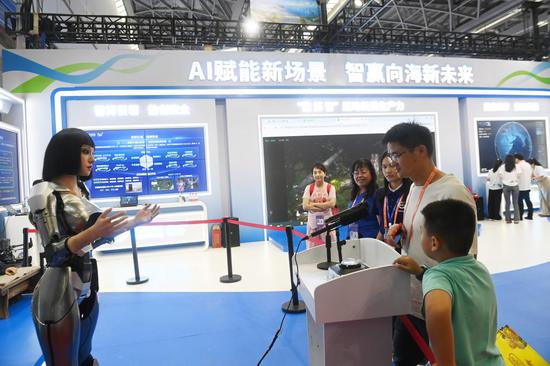
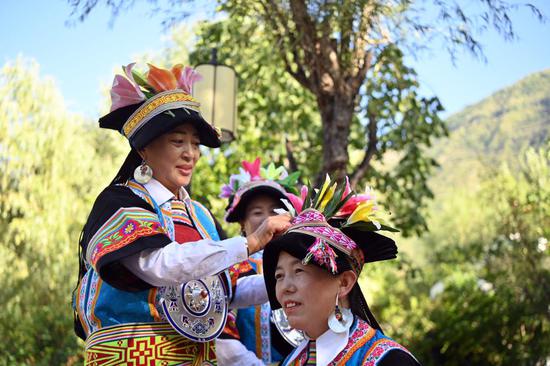
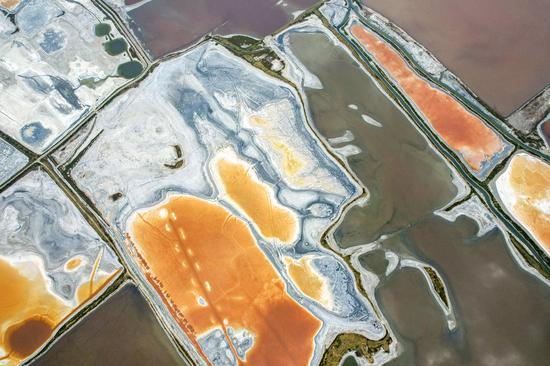



















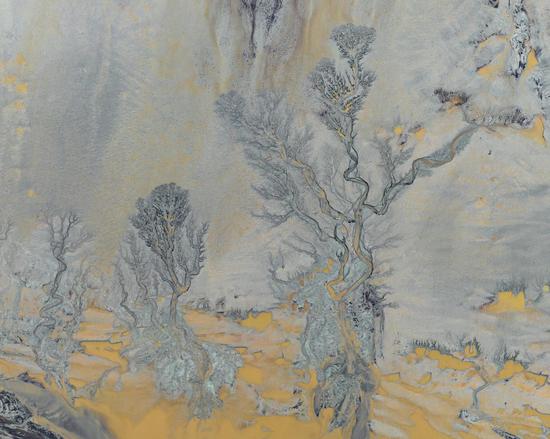

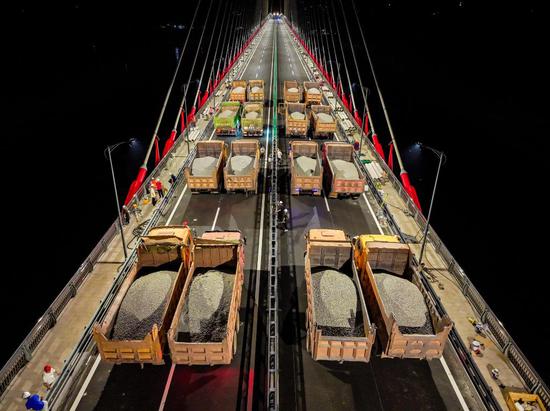
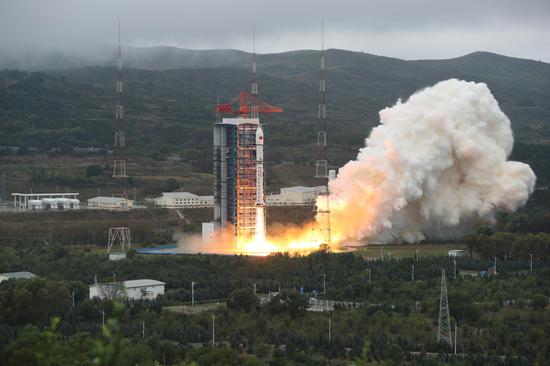
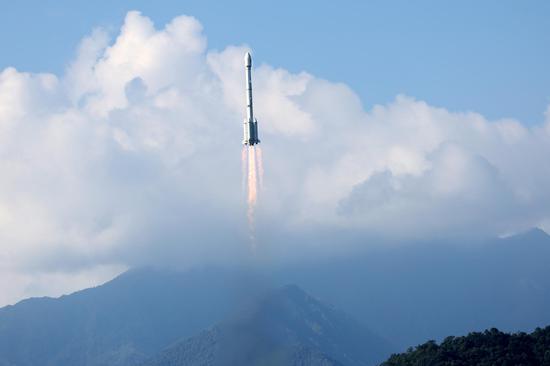






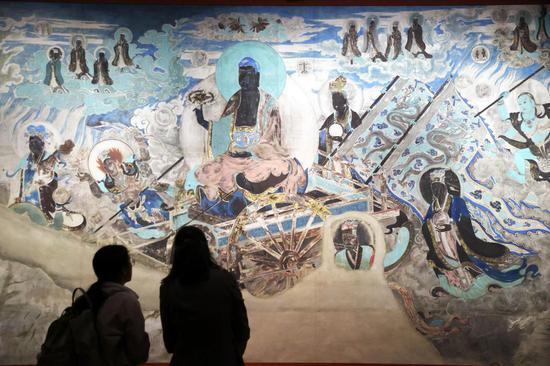
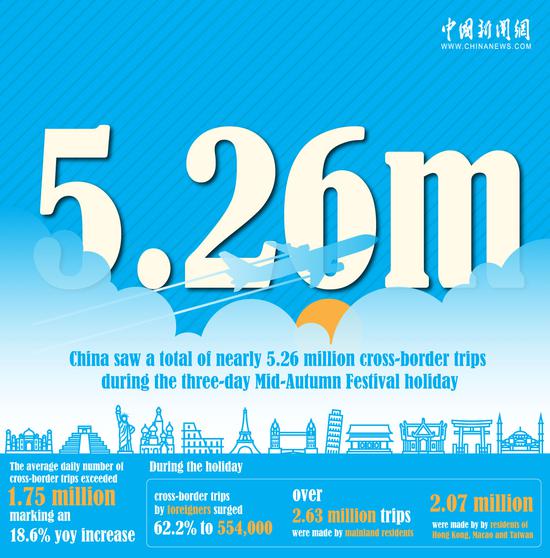
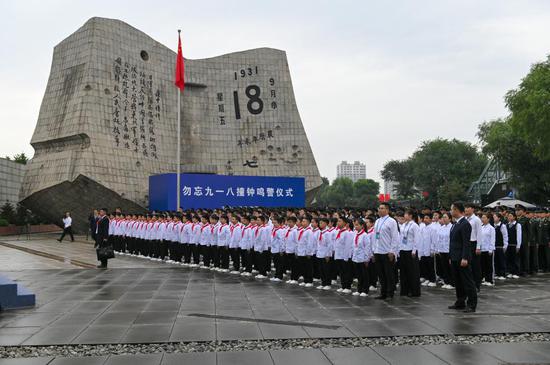


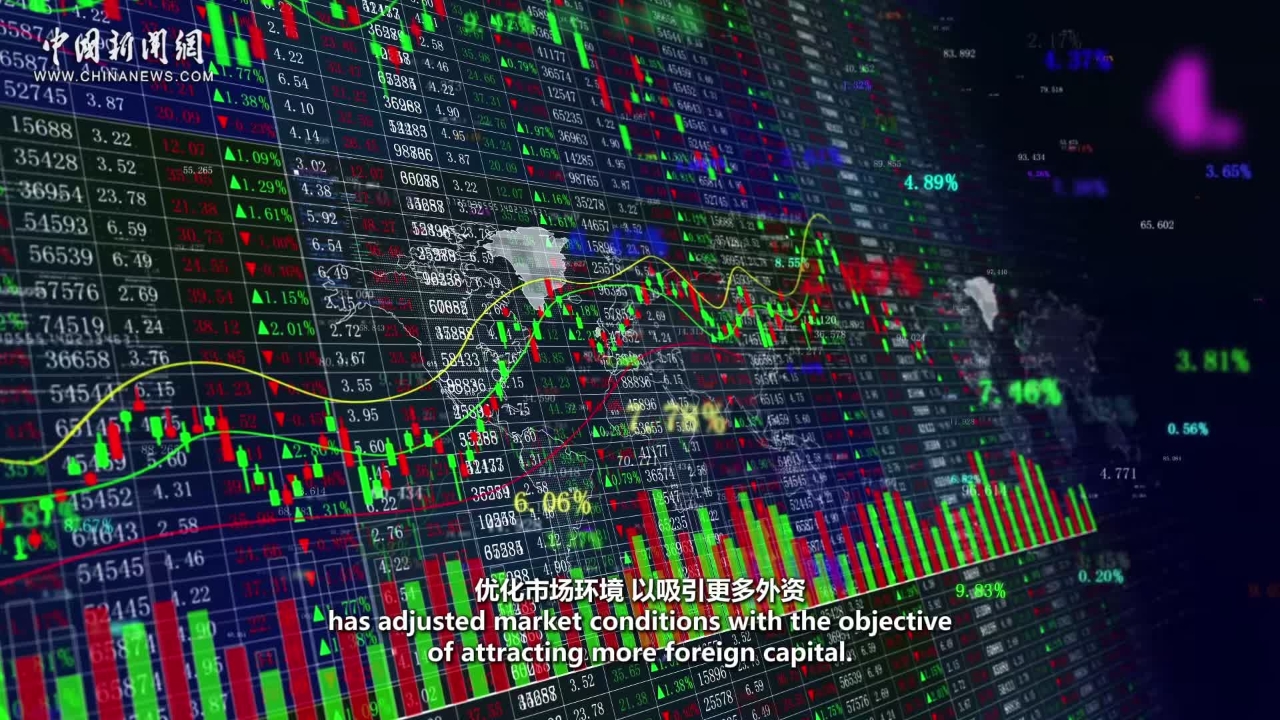

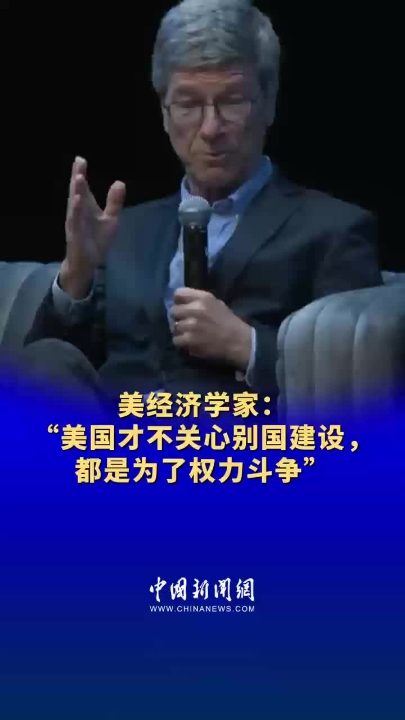

 京公网安备 11010202009201号
京公网安备 11010202009201号